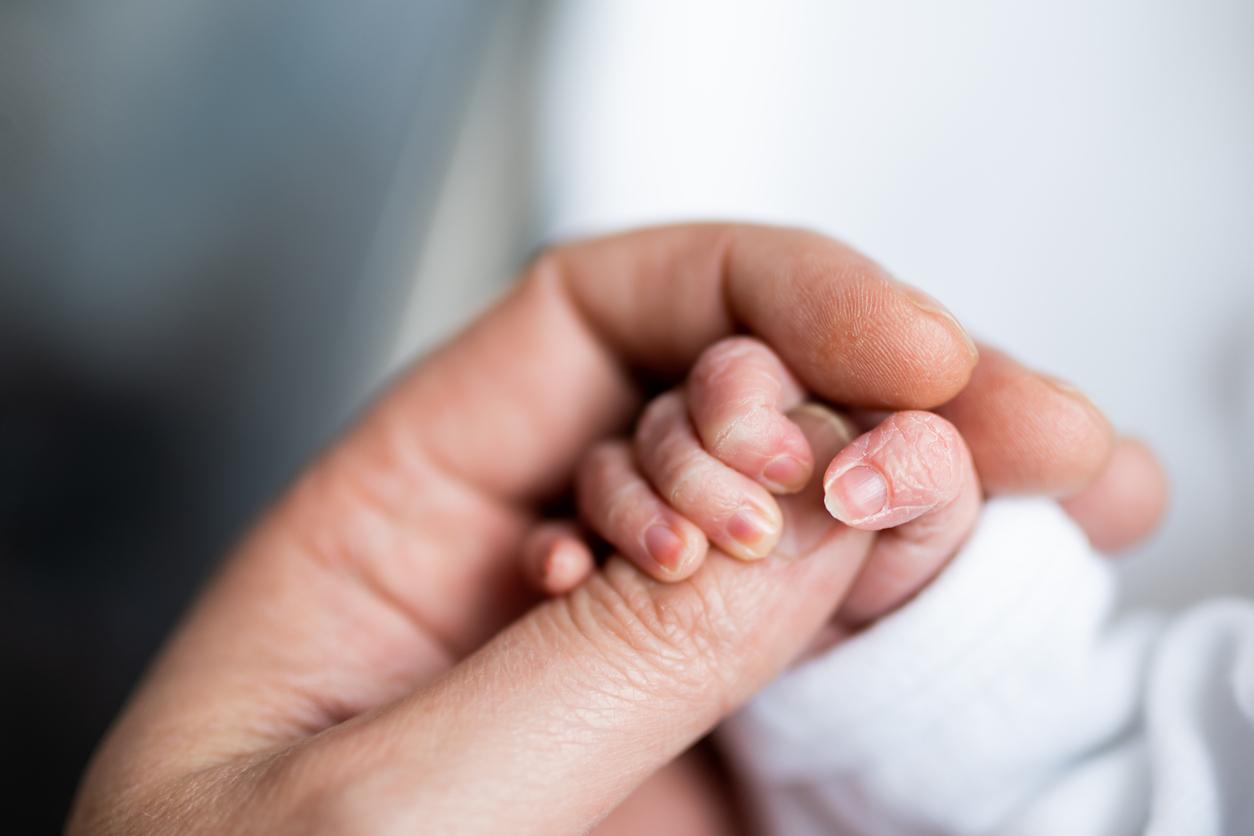Mothers who give birth to babies weighing less than 2.5 kilograms at birth may be at greater risk of developing memory and thinking problems, known as dementia, later in life.

- Mothers who give birth to babies weighing less than 2.5 kilograms may be more likely to suffer from memory and thinking problems later in life, a study has found.
- Mothers of weak infants had lower scores on tests of thinking, learning and memory. “The equivalent of one to two extra years of aging,” the researchers said.
- “Screening for cognitive impairment in women with a history of low birth weight births could help prevent or delay future cognitive impairment and dementia.”
“Previous work has shown that women who have delivered low birth weight babies have an increased risk of cardiovascular disease and high blood pressure. But [cela] may also be a marker of lower levels of cognition later in life.”
According to a new study published in the journal Neurologymothers who give birth to babies weighing less than 2.5 kilograms would, in fact, be more likely to suffer from memory and thinking problems as they age, compared to mothers who gave birth to larger babies.
Thinking and memory tests given to mothers
To reach this conclusion, researchers from the Harvard TH Chan School of Public Health in Boston (United States) analyzed the profiles of more than 15,000 women with an average age of 62 at the end of the study. All had had at least one child and, among them, 1,224 (8%) had given birth to a low birth weight infant, defined as less than 2.5 kg for a pregnancy of more than twenty weeks.
Participants were asked to complete questionnaires describing their pregnancy and delivery, and to complete a series of tests assessing their thinking skills (for example, the ability to react quickly and accurately to a given situation), learning and memory. Other factors that can affect birth weight and cognitive function were also taken into account, such as age, smoking and high blood pressure.
The equivalent of 1 to 2 years of additional aging for mothers of low birth weight babies
“On average, the difference in scores between those who delivered a low birth weight baby and those who did not was -0.06 for tests of speed and attention, and -0.05 for tests of learning and working memory.”we can read in a communicated. Either “the equivalent of one to two additional years of aging” for mothers of underweight babies, the scientists explained. In addition, the more times women had delivered low-birth-weight babies, the lower their scores.
“Further research is needed to confirm our results, which do not show a causal link, only an association, admit the researchers. But screening for cognitive impairment in women with a history of low birth weight deliveries, along with measures to promote their brain health, could help prevent or delay cognitive impairment and dementia later in life.”

















